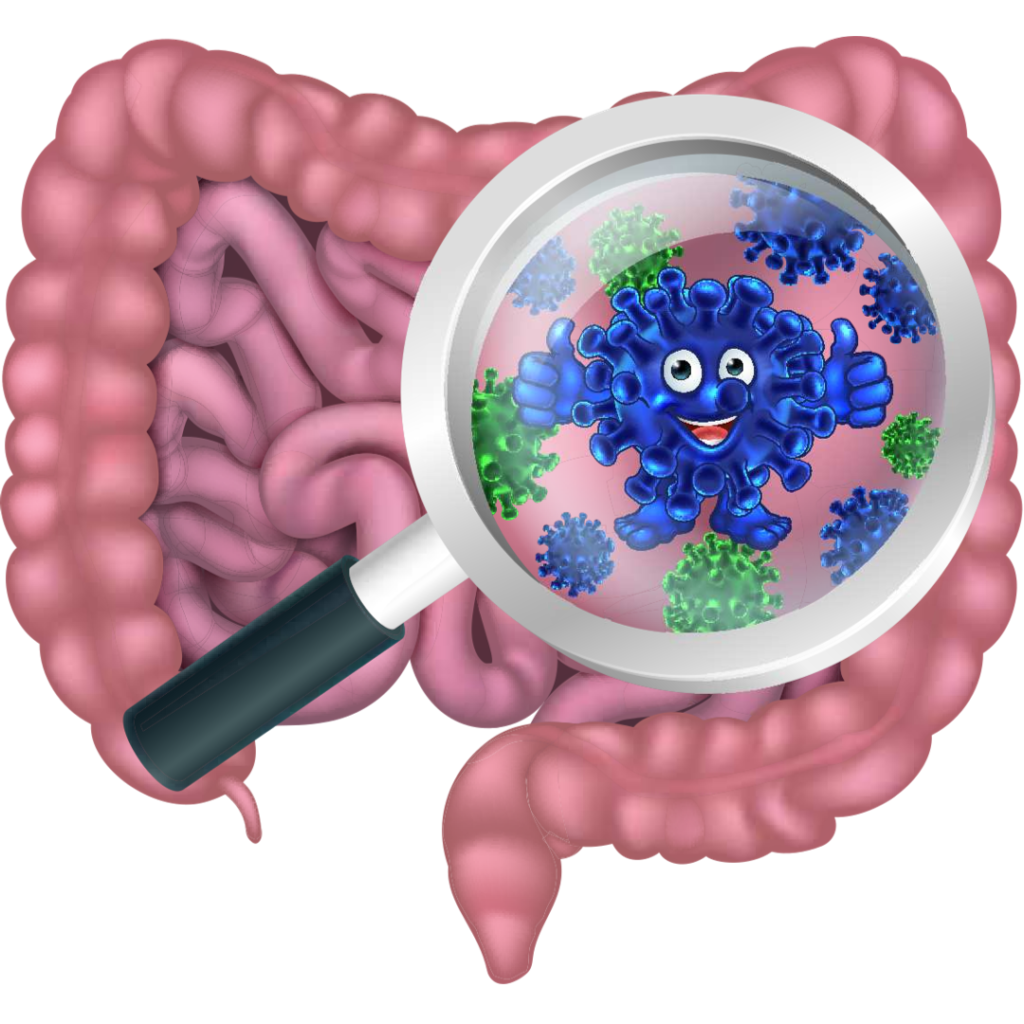Introduction:
In the pursuit of a healthy lifestyle, we often focus on factors like diet and exercise. While these are undeniably important, an often overlooked cornerstone of well-being is the health of our gut. The intricate ecosystem of microorganisms residing in our digestive system plays a vital role in maintaining not only digestive health but also influencing various aspects of our overall well-being.

Body:
Understanding the Gut Microbiome:
The gut microbiome comprises trillions of microorganisms, including bacteria, viruses, fungi, and more. It acts as a dynamic and complex community that interacts with our body in numerous ways.
Diversity within the microbiome is key to its functionality. A balanced and diverse gut microbiome is associated with better health outcomes.
Digestive Health:
The most apparent impact of gut health is on the digestive system. A well-functioning gut ensures efficient nutrient absorption, aids in digestion, and helps prevent common digestive issues like bloating and constipation.
Imbalances in the gut microbiome can lead to conditions such as irritable bowel syndrome (IBS) and inflammatory bowel diseases (IBD).
Immune System Regulation:
Surprisingly, a significant portion of our immune system resides in the gut. A healthy gut microbiome contributes to the proper functioning of the immune system, helping the body defend against infections and illnesses.
Imbalances in the gut can lead to an overactive or weakened immune response, making the body more susceptible to various health issues.
Mental Health Connection:
Emerging research suggests a strong connection between gut health and mental well-being. The gut-brain axis, a bidirectional communication system between the gut and the brain, plays a crucial role in regulating mood and cognitive function.
Conditions like anxiety and depression have been linked to disruptions in the gut microbiome, highlighting the need to consider gut health in mental health discussions.
Nutrient Synthesis and Metabolism:
Certain bacteria in the gut contribute to the synthesis of vitamins and other essential nutrients. A well-balanced gut microbiome ensures the optimal production of these nutrients, supporting overall health.
Additionally, the gut microbiome has been implicated in metabolism and weight management, with imbalances potentially contributing to obesity and metabolic disorders.
Influence on Chronic Diseases:
Research suggests that an imbalanced gut microbiome may contribute to the development of chronic diseases such as diabetes, cardiovascular diseases, and autoimmune disorders.
Understanding and modulating the gut microbiome could offer new avenues for preventing and managing these prevalent health conditions.
Maintaining Gut Health:
Adopting a diverse and fiber-rich diet promotes the growth of beneficial bacteria in the gut. Foods like yogurt, kefir, sauerkraut, and other fermented foods can introduce probiotics, further supporting a healthy microbiome.
Avoiding excessive use of antibiotics and incorporating prebiotics, which nourish beneficial bacteria, are essential practices for maintaining a balanced gut.
Conclusion:
In the intricate tapestry of human health, the role of gut health cannot be overstated. From influencing digestion and immune function to impacting mental health and chronic disease risk, the gut microbiome is a central player in our overall well-being. Recognizing the significance of gut health empowers individuals to make informed lifestyle choices that resonate not only with their stomachs but with their entire bodies. As we delve deeper into the fascinating world of the gut, we unlock the potential to cultivate a foundation for enduring health and wellness.
